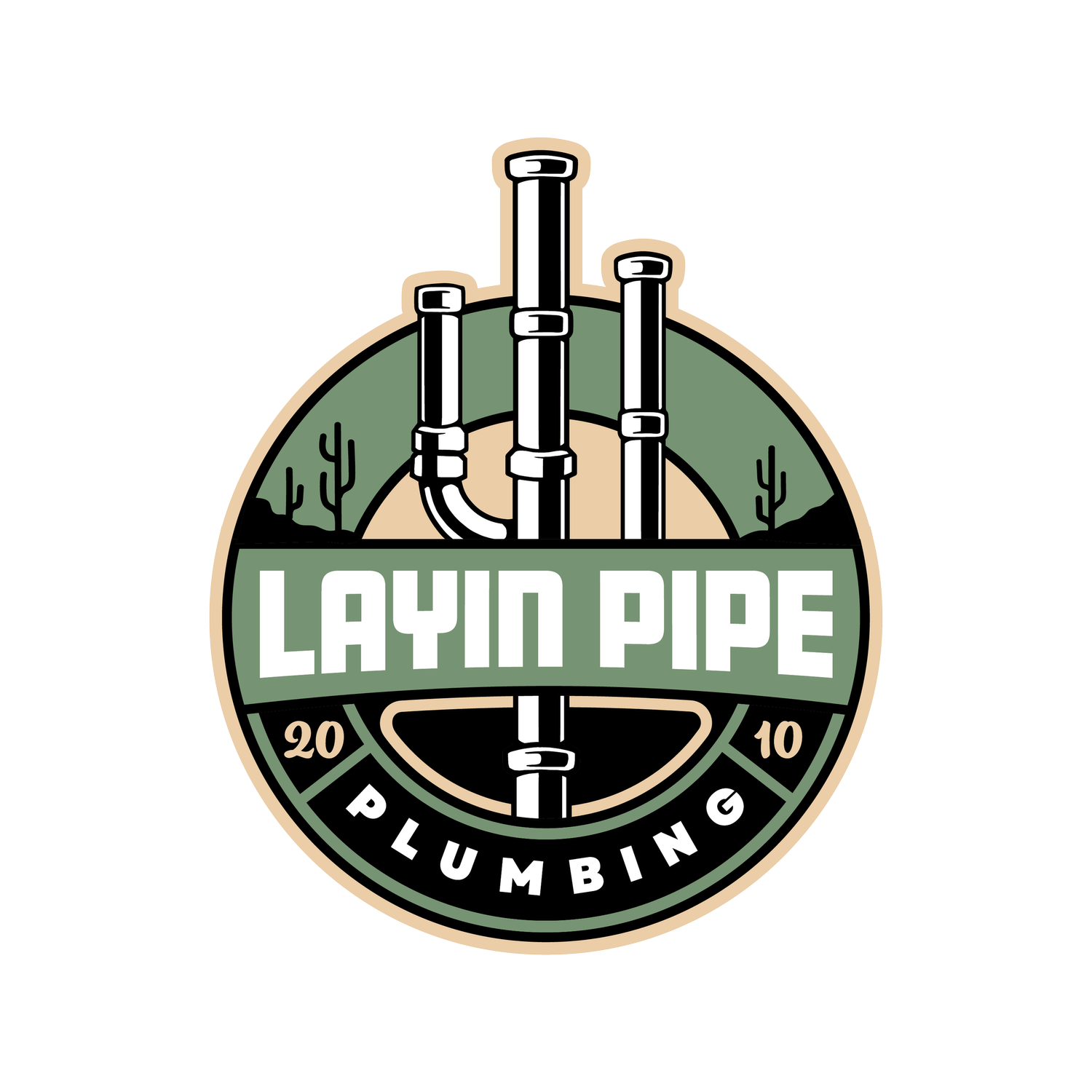What Is a Sewer Camera Inspection?
If you’ve done any research on sewer line problems, you’ve probably seen something about “sewer cameras” or “video pipe inspections.” Any plumber worth their salt uses this technique when diagnosing sewer backups or sewer pipe damage, so it’s wise for homeowners to know what sewer camera inspections are and what they’re used for should a sewer problem ever arise.
HOW SEWER LINE CAMERAS WORK
The purpose of a sewer camera is to be able to see what’s causing a blockage or backup within the sewer pipe without digging up the yard or just guessing what the problem is. Because sewer repairs and pipe replacements are no small task, this helps homeowners avoid expensive repairs without knowing for certain that their problem will be solved when the work is done.
A tiny, flexible sewer camera is attached to a snake-like cable that plumbers feed through the sewer pipe until it reaches the cause of the clog (or break in the line). A radio transmitter on the camera records the physical location of the line and depth from the surface, telling the plumber where the blockage is and what work needs to be done to fix it.
TYPES OF SEWER PROBLEMS A VIDEO PIPE INSPECTION CAN IDENTIFY
A sewer inspection camera can identify nearly any problem with your sewer line, but these are some of the most common:
Tree root infiltrations: These are most common with old pipes made out of clay, cast iron, or other porous materials. Tree roots seek out water sources as they grow, and if they find a crack in your sewer pipe, they’ll grow into it to get to the water inside. Learn about how to avoid tree root infiltration here.
Broken, cracked, or collapsed pipes: Since the camera feeds along the pipe itself, the plumber will be able to tell if the pipe has collapsed, shifted, or become damaged.
Major blockages: Sometimes your pipes are in perfect condition, but years of sending things down the pipes that should go in the trashcan has caused a buildup of grease, paper, and other gunk.
Sagging or bellied sewer lines: When a section of the sewer pipe begins to sag, waste gets caught in the bellied section—resulting in repeat blockages.
Quick tips to minimize sewer backups »
TYPES OF SEWER PIPE REPAIR & REPLACEMENT
Once your plumber identifies the cause of the sewer line backup, you may have different options for how to tackle the issue.
Traditional Sewer Repair & Replacement
If the sewer camera inspection shows that your sewer line is sagging, bellied, or collapsed, traditional repair will be your only option. A plumbing company will dig a trench on your property to uncover the sewer line and repair or replace the section of pipe causing the issue. This method can cause damage to other parts of your property (concrete walkways and driveways, landscaping, etc.) but, unfortunately, it is the best option in some cases.
Trenchless Sewer Repair & Replacement
The trenchless sewer repair method is much less invasive and damaging than traditional trench digging. Trenchless pipe bursting begins by creating small access points to the damaged pipes. A cable is inserted and pulled through, following the path of the existing line, while simultaneously pulling the replacement line into position.
Learn more about sewer clog warning signs and repair options »
CALL YOUR LOCAL PLUMBER FOR A SEWER CAMERA INSPECTION
Are all the drains in your home backing up? Have you noticed puddles of sewage in your yard? These are telltale signs that you have a main sewer clog or that your sewer line is damaged. Layin Pipe Plumbing offers free video pipe inspections on all sewer repair calls so that we can accurately diagnose the issue you’re facing and offer an effective plan of action. We serve the Paradise Valley, Phoenix, Scottsdale, Arcadia, Biltmore, Care Free, Cave Creek, Tempe areas with reliable, same day service from local plumbers with years of experience. If you approve the work, we can get it done the same day.
If you think you have a sewer problem, avoid further damage by calling a plumber fast! Layin Pipe Plumbing is ready to help. Call us at 480.236.6089 or contact us online now.
